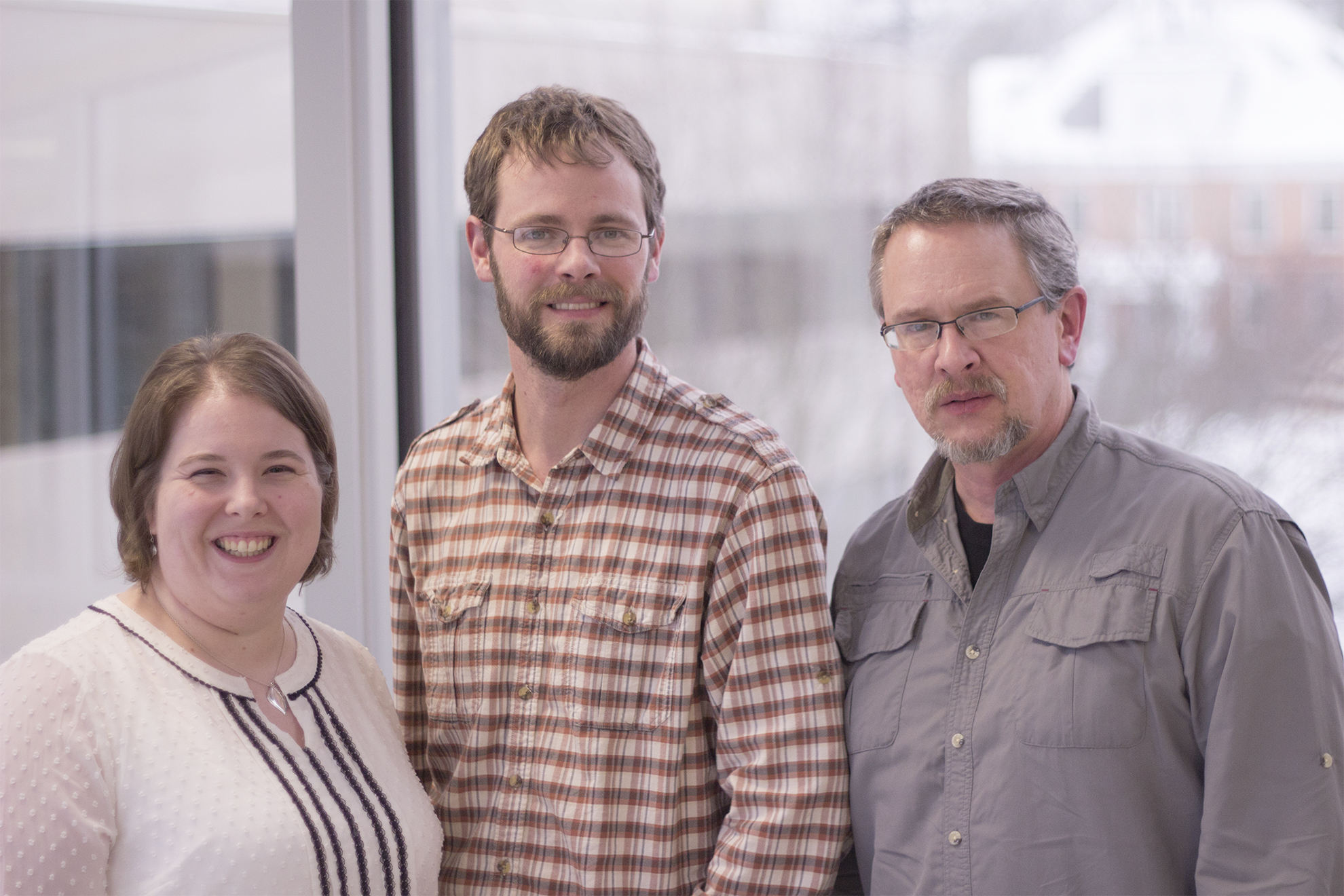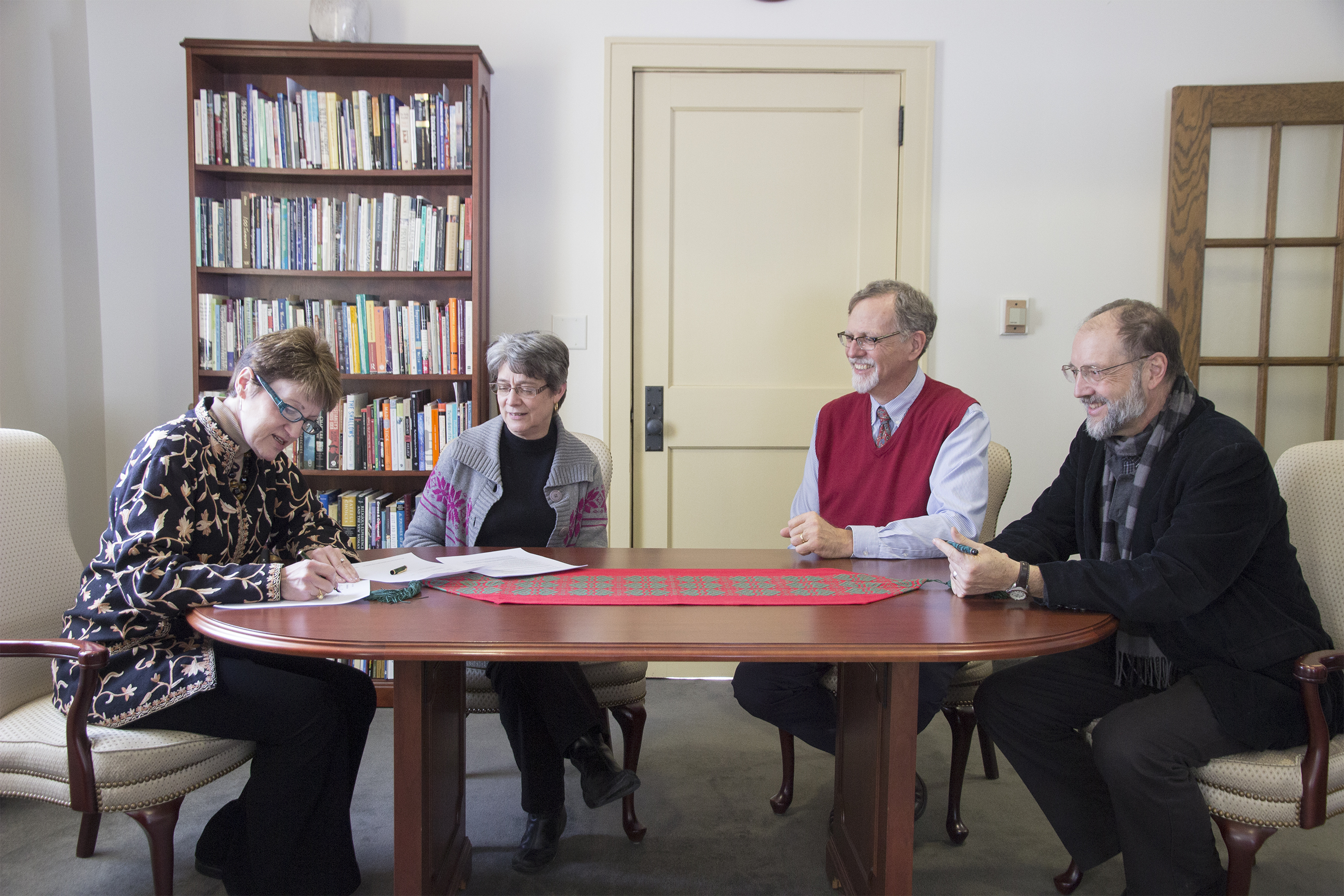Category: News
Two Majors to be Replaced
Plans have been put in place for the outdoor recreation and physical education majors to be phased out and replaced…

March 12, 2015
News, International, News
Iraqi Militia Vs. ISIS
The Iraqi military, alongside thousands of Shiite militia fighters, began a wide-scale offensive on Monday March 2, 2015 to retake…
March 06, 2015
News
Enrollment Team Builds Relationships in India to Grow Student Diversity
With recruiting connections to India in development, Houghton will try and continue its strong global history and diverse student body.…

March 06, 2015
News
New Honors Program for Transfers and Second Years
This fall Houghton College will introduce a new Honors Program specifically targeted at second year and transfer students. Called Scholastica,…
March 06, 2015
News
Ebola Cases Decline in Africa
According to the World Health Organization (WHO), the Ebola virus disease, formally known as Ebola hemorrhagic fever, has taken approximately…
March 06, 2015
News
Track and Field Goes to Nationals
The track and field team started February break early, traveling to Cedarville, Ohio on Feb. 19 for the National Christian…
February 19, 2015
News
ISIS Beheads Egyptian Christians
Last weekend, a video surfaced of the Jihadist group, Islamic State of Iraq and Syria (ISIS), showing the beheadings of…

February 19, 2015
News
Houghton Islamic Studies Partners with Lilias Trotter Center
This Monday, Islamic Studies professors Benjamin Hegeman and Don Little, along with President Shirley Mullen and Dean of the College,…
February 12, 2015
News
Two Longtime Houghton Faculty To Retire: Lastoria
After 33 years, Michael Lastoria will be retiring from his position as Director of Counseling Services at the end of…

February 12, 2015
News
Student Developed Studio Produces 3D Animation
Ice Nine Studios, a student developed production studio, has started work on their first project, a 3D animation called Allice.…
